ORIGINAL RESEARCH
Published on 06 Jan 2025
Prenatal bisphenol A and/or diethylhexyl phthalate exposure followed by adult estradiol treatment affects behavior and brain monoamines in female rat offspring
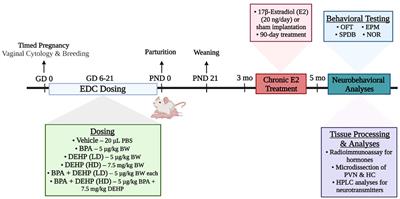
doi 10.3389/fendo.2024.1479838
- 289 views
4,305
Total downloads
12k
Total views and downloads
You will be redirected to our submission process.
ORIGINAL RESEARCH
Published on 06 Jan 2025

ORIGINAL RESEARCH
Published on 28 Nov 2024
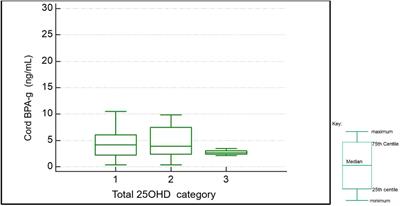
SYSTEMATIC REVIEW
Published on 30 Jan 2024
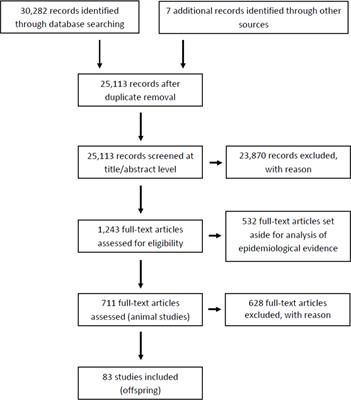
ORIGINAL RESEARCH
Published on 01 Sep 2023
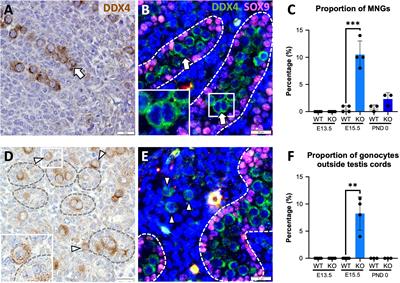
ORIGINAL RESEARCH
Published on 17 Mar 2023
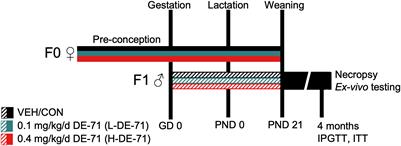
ORIGINAL RESEARCH
Published on 16 Jun 2022

